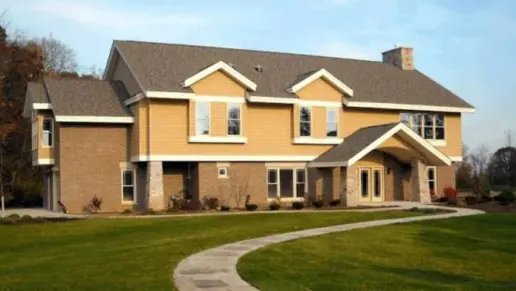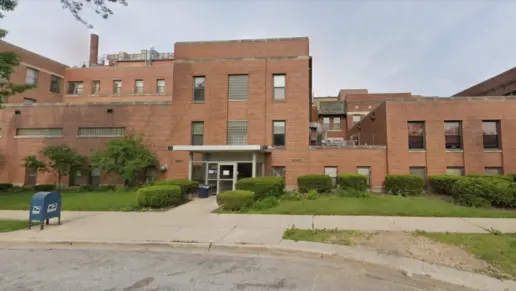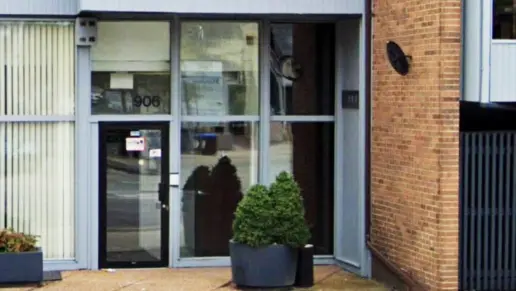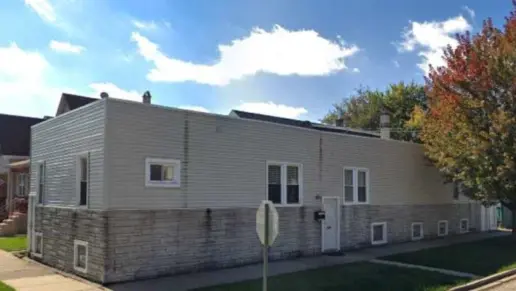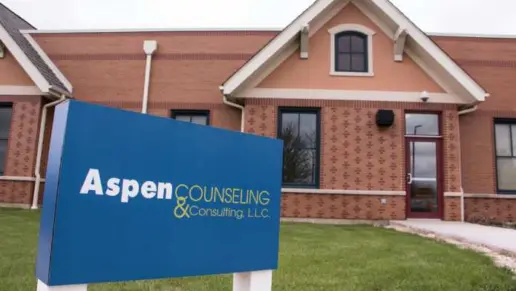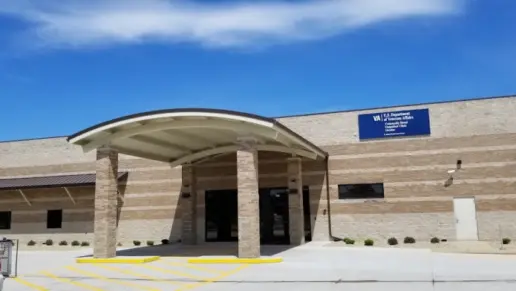About Northwestern Medicine Ben Gordon Center Discovery House
Ben Gordon Center Discovery House provides therapy for individuals, families, and groups. Ben Gordon Center Discovery House offers one-on-one counseling and addiction treatment.
The outpatient program is for those who are seeking mental health treatment and do not need inpatient care or residential treatment. It is important to note that counseling can assist individuals struggling with addiction, but if a person needs a high degree of help, they may need to be treated at an alcohol and drug rehab center. Individual counseling covers a wide variety of topics that include the management of co-occurring disorders, addiction, grief and loss, mental illness, and relationship issues.
Ben Gordon Center Discovery House accepts most insurance plans. If a person wants to use their insurance, they are encouraged to contact their provider to learn more about their insurance coverage because out of network benefits may vary.
Rehab Score
Gallery
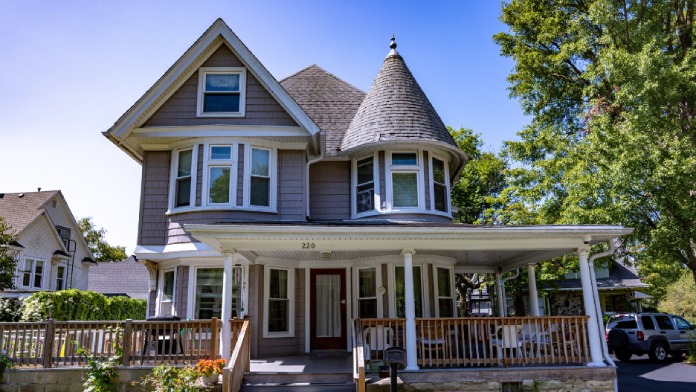
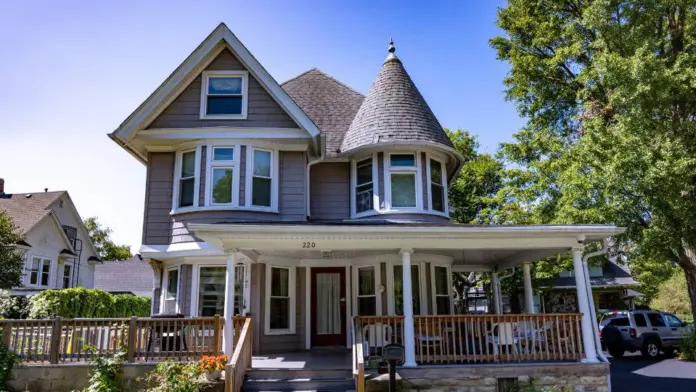
Location
Other Forms of Payment
Self-pay involves paying for treatment out of your own pocket. You can use savings or credit, get a personal loan, or receive help from family and friends to fund your treatment. If you don't have insurance or your insurance plan doesn't cover a specific program, self-pay can help ensure you still get the care you need.
Private insurance refers to any kind of healthcare coverage that isn't from the state or federal government. This includes individual and family plans offered by an employer or purchased from the Insurance Marketplace. Every plan will have different requirements and out of pocket costs so be sure to get the full details before you start treatment.
Military members, veterans, and eligible dependents have access to specific insurance programs that help them get the care they need. TRICARE and VA insurance can help you access low cost or no cost addiction and mental health treatment. Programs that accept military insurance often have targeted treatment focused on the unique challenges military members, veterans, and their families face.
Medicaid is a state based program that helps lower-income individuals and families pay for healthcare. Medicaid covers addiction treatment so those enrolled can use their coverage to pay for rehab. When a program accepts Medicaid the client often pays very little or nothing out of their own pocket.
Medicare is a federal program that provides health insurance for those 65 and older. It also serves people under 65 with chronic and disabling health challenges. To use Medicare for addiction treatment you need to find a program that accepts Medicare and is in network with your plan. Out of pocket costs and preauthorization requirements vary, so always check with your provider.
Sliding scale payments are based on a client's income and family size. The goal is to make treatment affordable to everyone. By taking these factors into account, addiction recovery care providers help ensure that your treatment does not become a financial burden to you or your family, eliminating one barrier to care.
Addiction Treatments
Levels of Care
Treatments
The goal of treatment for alcoholism is abstinence. Those with poor social support, poor motivation, or psychiatric disorders tend to relapse within a few years of treatment. For these people, success is measured by longer periods of abstinence, reduced use of alcohol, better health, and improved social functioning. Recovery and Maintenance are usually based on 12 step programs and AA meetings.
Drug rehab in Illinois is designed to help people recover from addiction to a number of substances. The length of each program and its intensity tend to vary, and the plan of care is based on your individual needs.
A combined mental health and substance abuse rehab has the staff and resources available to handle individuals with both mental health and substance abuse issues. It can be challenging to determine where a specific symptom stems from (a mental health issue or an issue related to substance abuse), so mental health and substance abuse professionals are helpful in detangling symptoms and keeping treatment on track.
Opioid rehabs specialize in supporting those recovering from opioid addiction. They treat those suffering from addiction to illegal opioids like heroin, as well as prescription drugs like oxycodone. These centers typically combine both physical as well as mental and emotional support to help stop addiction. Physical support often includes medical detox and subsequent medical support (including medication), and mental support includes in-depth therapy to address the underlying causes of addiction.
Programs


Clinical Services
Couples counseling is for those times in your marriage or long-term relationship when life with your partner is challenging. Every relationship experiences rough times. Through couples counseling at KishHealth System, you and your partner can discover new ways to communicate and work through problems affecting your life together.
Creativity is inherently healing, and can help those in recovery express thoughts or feelings they might not otherwise be able to. Creative arts therapy can include music, poetry/writing, painting, sculpting, dance, theater, sandplay, and more. Unlike traditional art, the final product matters far less than the experience of creation and expression itself.
Dialectical Behavior Therapy (DBT) is an evidence-based treatment approach that focuses on accepting and expressing feelings and beliefs in social contexts using four core skills: mindfulness, interpersonal effectiveness, emotional regulation, and distress tolerance.
Counseling at KishHealth Behavioral Health Services in Sycamore or in Sandwich can help your family hear each other’s feelings, deal with problems between a parent and a child, or work through a specific challenge. Reasons for seeking family counseling include: adjustment after separation, divorce, or a new partner moving in, issues with a step-parent or step-sibling, problems between a parent and his or her child/adolescent, and children leaving home.
Group therapy has been proven to be a positive and influential form of therapy for many individuals. Therapeutic principles of group therapy include development of socialization techniques, self-understanding, interpersonal learning, recognition of shared experiences and feelings, and increased self-esteem.
At KishHealth Counseling & Psychiatry, you will work one-on-one with a licensed therapist or psychiatrist in a safe and comforting environment to find the root of what is troubling you. The providers at KishHealth have the experience to diagnose mental health problems and help you gain tools for improving your quality of life.
Life skills trainings involve all the skills a person must have in order to function successfully in the world. These include time management, career guidance, money management, and effective communication. Truly successful addiction recovery is based on the ability to not only live substance-free, but to thrive. Life skills teaches the practical necessities of functioning in society, which sets clients up for success in life, and therefore sobriety.
Nutrition therapy, aka medical nutrition therapy (MNT), is a way of treating physical, emotional, and medical conditions through diet. Specific dietary plans are designed by professional nutritionists or registered dietitians, and patients follow them in order to positively affect their physical and mental health.
Trauma therapy addresses traumatic incidents from a client's past that are likely affecting their present-day experience. Trauma is often one of the primary triggers and potential causes of addiction, and can stem from child sexual abuse, domestic violence, having a parent with a mental illness, losing one or both parents at a young age, teenage or adult sexual assault, or any number of other factors. The purpose of trauma therapy is to allow a patient to process trauma and move through and past it, with the help of trained and compassionate mental health professionals.
Amenities
-
Residential Setting
-
Private Setting
Accreditations

The Joint Commission, formerly known as JCAHO, is a nonprofit organization that accredits rehab organizations and programs. Founded in 1951, the Joint Commision's mission is to improve the quality of patient care and demonstrating the quality of patient care.
Joint Commission Accreditation: Yes
